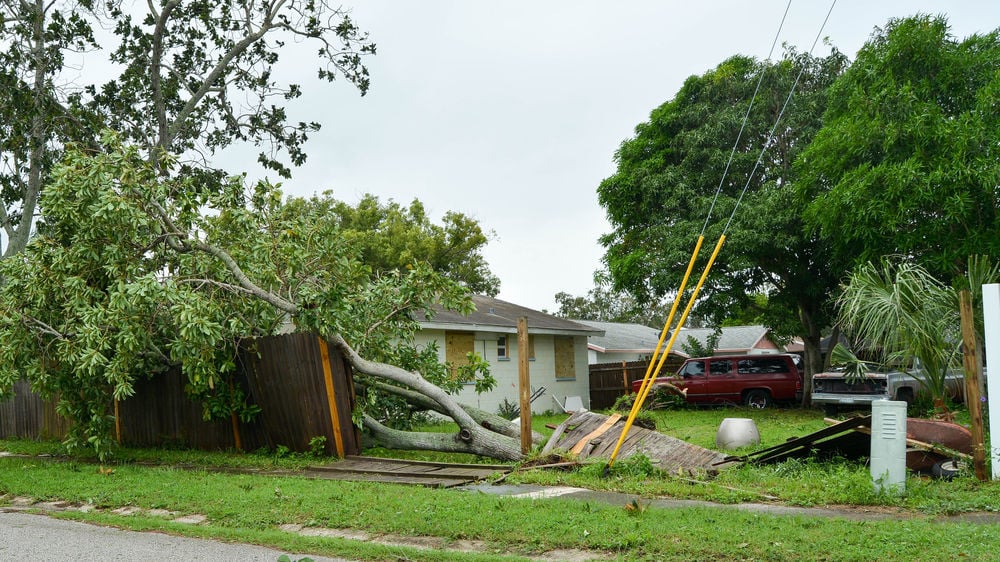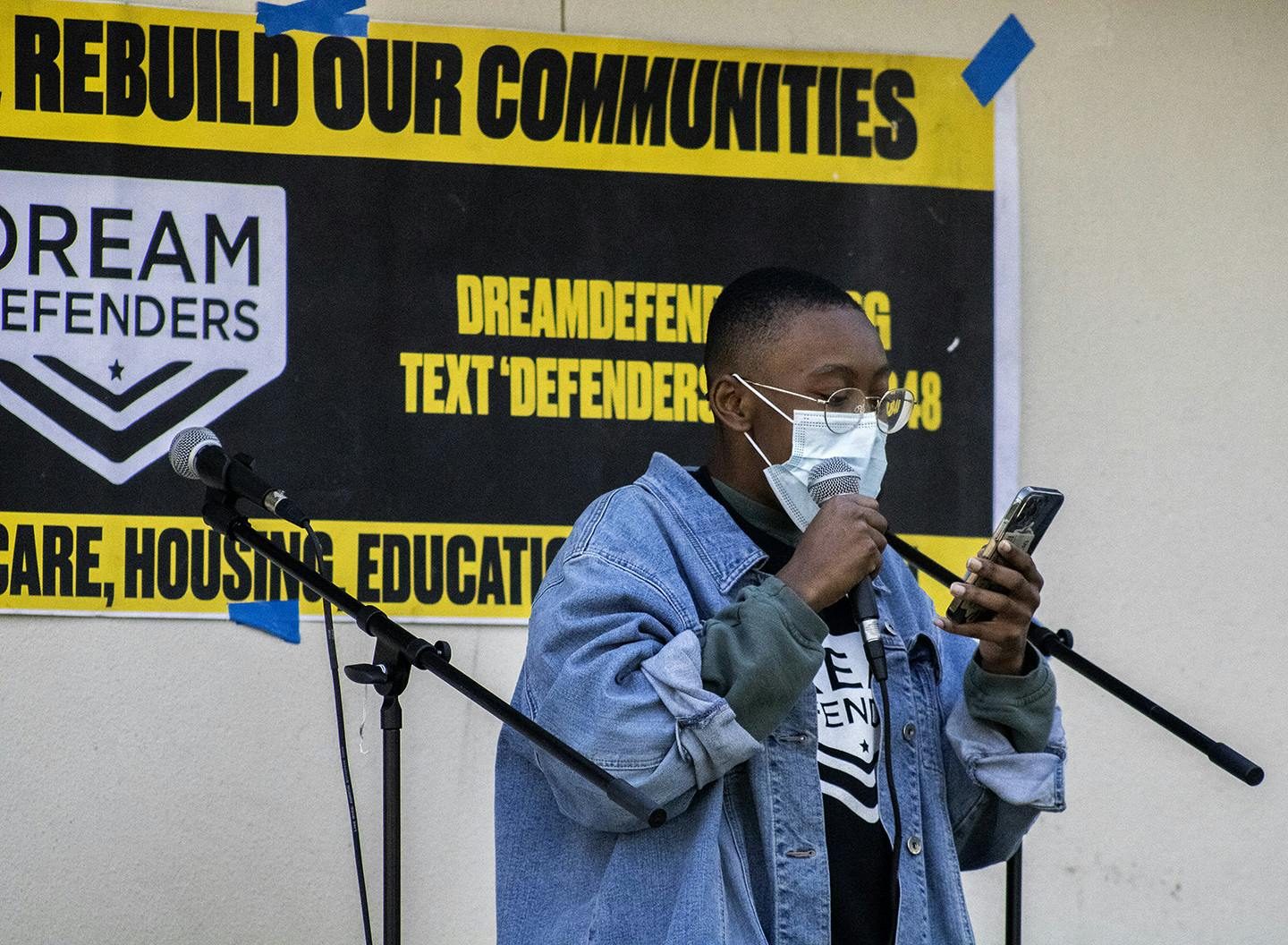Florida's New HOA Bill of Rights: A Comprehensive Overview Daily Business Review
Table Of Content

Diversity statements used in hiring or applications, including student admissions, are prohibited in the most recent version — whereas the original version only included faculty and staff applications. In addition to that legislation, Texas and North Dakota have recently introduced bills that take aim at tenure. “We’re going down a dark road if we’re allowing the statehouses to censor what can be learned and what can be taught and what can be said in the classroom,” Mulvey said.
Governor Ron DeSantis Receives Twenty Bills from the Florida Legislature

Police officers arrested four students on Monday at the University of South Florida in Tampa. In addition, the bill would prohibit diversity statements, which are short essays often used during the hiring or promotion process to describe a candidate’s commitment to diversity and equity. General education core course options shall consist of a maximum of five courses within each of the subject areas ofcommunication, mathematics, social sciences, humanities, and natural sciences. The other three members of the board include the Commissioner of Education, the chair of the Advisory Council of Faculty Senates (or its equivalent), and the president of the Florida Student Association (or its equivalent). The changes are seen by critics as part of the governor’s continuing drive to push Florida universities to the political right.
Black and Minority Fraternities and Sororities
For decades, FIRE has defended tenure because it has been one of the most important tools for protecting faculty with disfavored views, but the group has no position on what form tenure should take. It also acknowledges that tenure isn’t the only way to protect academic freedom, Cohn explained. The problem with the current crop of legislation, he added, is that it does not replace tenure with comparable policies that would allow faculty to speak freely and engage in scholarship and research without fear of reprisal. Meanwhile, many lawmakers said that the goal of public schools is to help prepare students for success — something they say DEI is not designed for. But the measure also makes clear it would not do away with every function that university diversity offices typically tend to.

Support
Another state representative, Angie Nixon, proposed an amendment to the bill that would protect these fraternities and sororities, but it was not adopted. While the bill is not explicitly banning minority-focused Greek life, it remains to be seen what the final version of the measure would look like following passage in the Senate and approval by DeSantis, just as it remains to be seen what effects the law may have on these organizations. A bill proposed by Florida state Rep. Alex Andrade that "prohibits a state college, state university, or one of their direct-support organizations, from expending state or federal funds on Diversity, Equity, and Inclusion (DEI) programs or activities" has generated significant controversy in the U.S. While both versions of HB 999 allow a university’s Board of Trustees to review tenured professors’ performance at any time, the most recent specifies parameters and gives examples of reasons for the review, like negligence, insubordination and violation of the law.
Published March 15, 2023
Gov. Ron DeSantis supports the passing of the bill to ban all spending designated to “promote, support, or maintain” the subjects that supporters describe as “political identity” filters. DeSantis’ Jan. 31 announcement included only basic information on the “civics institutes” he proposed at three of the state’s 12 public universities, but Andrade’s bill offers new details. “The president and the board are not required to consider recommendations or opinions of faculty of the university or other individuals or groups,” the bill says. It also would make presidents responsible for conducting performance evaluations of all employees making over $100,000.
Students fight back against Florida Legislatures and House Bill 999 - NSM.today
Students fight back against Florida Legislatures and House Bill 999.
Posted: Sat, 01 Apr 2023 07:00:00 GMT [source]
Under the law, such offenses will face steeper penalties, with first-degree misdemeanors being upgraded to third-degree felonies and first-degree felonies being upgraded to a life felony. Current state law doesn’t define “debt relief services” or regulate such service providers, though the federal Telemarketing Act does. Under this law, businesses are prohibited from selling such nicotine dispensers, and retailers that already have one such dispenser will have 60 days to remove the product. Anyone responsible for violating this rule can face a first-degree misdemeanor charge, the law says.
Colleges and universities are usually the places where students get to explore a variety of viewpoints and political beliefs—often for the first time. But one expert says that academic freedom would become scarce at Florida’s public universities if a new bill to regulate higher education in the state passes. He signed the Parental Rights in Education bill to limit education about topics like gender identity and sexual orientation in public schools, and the House Bill 1467, which seeks to cut back on “inappropriate” and “pornographic” books available to students in schools. Critical theory refers to examining social movements and systems of oppression, according to the Stanford Encyclopedia of Philosophy. Some banned critical theory programs include critical race studies, radical feminist theory and queer theory, according to the bill. University of Florida Faculty Senate chairperson Amanda Phalin tweeted over the weekend that the bill would “upend the successful model” of higher education in Florida and could threaten universities’ accreditation, which would result in a loss of federal funds used for student scholarships and faculty grants.
SB 548 — Public Records Exemption
Historically, autocratic regimes have set their sights on cultural centers, the arts, and colleges and universities, because they see these places as threats to their power and control. The events unfolding in Florida are state-sponsored efforts to stifle ideas, silence debate, and limit the autonomy of educational institutions whose faculty, staff, students, or administrators may disagree with the party in power. Faculty, advocates of academic freedom and anyone interested in preserving our democracy must fight these draconian measures with everything we have—in Florida and in every other state where they appear. With the introduction of HB 999, the Florida legislature—at Governor DeSantis’s urging—has doubled down on its attacks on academic freedom with a bill that would effectively silence faculty and students across the ideological spectrum and purge whole fields of study from public universities. This bill substitutes the ideological beliefs of those in power for the freedom that is necessary for colleges and universities to serve the common good and function as intellectual centers where young people succeed and where the ideas that drive our country’s economy and democracy are ignited. HB 999 bans state higher education institutions from funding DEI programs, bans funding for federal- or state-funded organizations that focus on specific racial minorities or sexual orientations, and bans majors, minors and courses that use "critical theory" of some kind.
HB 999 does not explicitly ban such institutions, but some observers fear the language of the law could be used to that end. For example, the law bans state "expenditure for membership in, or the purchase of goods or services from, any organization that discriminates on the basis of race, color, national origin, sex, disability, or religion." She has previously covered student government, university administration and K-12 education. Irene Mulvey, president of the American Association of University Professors, said in an interview that the proposed policy should be of concern to people outside Florida, too. Mulvey said parts of the bill, like shifting hiring power, are unprecedented and undermine the structures of universities.
The state should not subsidize fields of studies that “are not based in fact,” he said. And he said the boards of trustees should be tasked with hiring and curriculum — something he believes falls under their mandate of setting standards for the university. Faculty are already telling their graduate students not to teach in states where there’s no academic freedom, Mulvey said, and some institutions in these states are seeing fewer donations. Over the past year, the University of Wyoming has withstood multiple attempts by lawmakers to defund its gender studies program, most recently in the form of a budget amendment in the Wyoming House that failed in February.
If Florida’s House Bill 999 passes, students at the state’s public colleges and universities would be prohibited from majoring or minoring in these academic disciplines as well as in related fields, including queer theory, critical race theory, feminist theory and social justice. A state university is prohibited from using diversity, equity, and inclusion statements, critical race theory rhetoric,or other forms of political identity filters as part of the hiring process, including as part of applications foremployment, promotion and tenure, conditions of employment, or reviewing qualifications for employment. The law, which would ban multiple minority race studies as well as some parts of gender studies, is seen by both supporters and opponents as part of the manifestation of DeSantis' wide-reaching educational proposals. Akin to the Florida Parental Rights in Education Act (or the Don't Say Gay Act as described by opposition and protestors), SB 266 and HB 999 also became subject to widespread backlash from students, with protests beginning to be staged at high schools and state universities within days of its initial introduction into the Florida legislature.
The original House version would've prevented subject matter that "defines American history as contrary to the creation of a new nation based on the universal principles stated in the Declaration of Independence.” That part has since been removed from the House version, but the Senate version — SB 266 — includes that language. Other changes since the bill’s filing assure that students receiving fee waivers will continue to receive them until graduation, regardless of whether their program was discontinued after enrollment. The Florida Legislature has made significant edits to the sweeping higher education reform bill between its original filing Feb. 21 and its most recent update March 15 — notably concerning majors and minors that will be removed if the bill becomes law.
Comments
Post a Comment